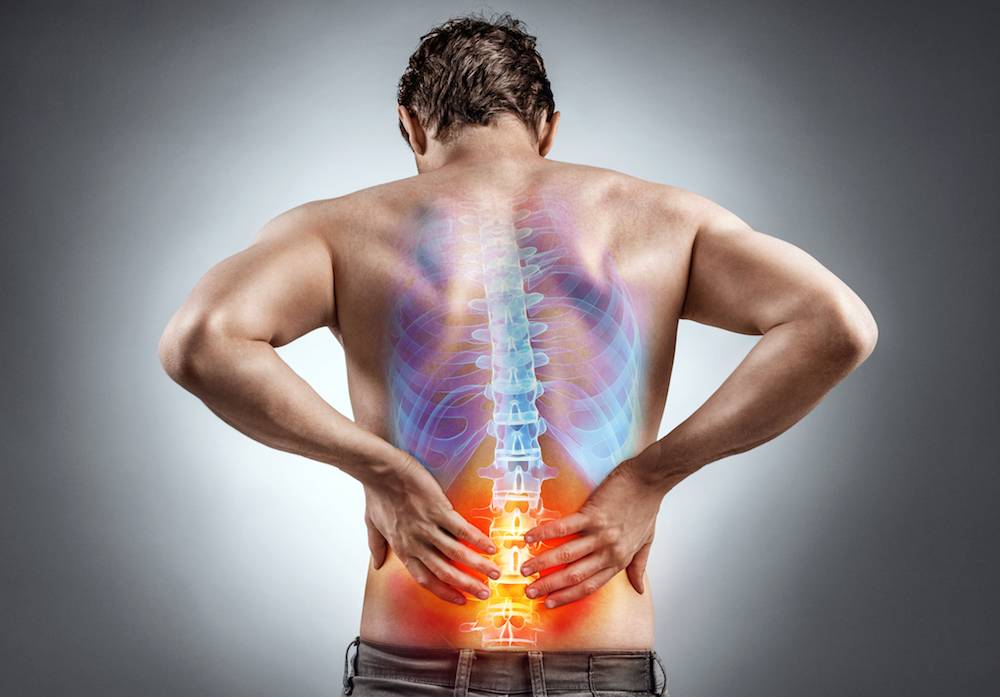Did you know that roughly 80% of adults experience lower back pain at some point during their lifetimes?
According to Sagar Parikh, M.D., an interventional pain medicine specialist at JFK Johnson Rehabilitation Institute, common causes of back pain include:
- Lower back strain
- Arthritis
- Degenerative disc disease
- Improper spine alignment and stability
- Herniated disc
- Radiculopathy or sciatica (pain from the back radiating down the leg)
- Spinal stenosis
- Fracture
- Other causes related to the musculoskeletal system (the body’s form, support, stability and movement mechanisms)
Dr. Parikh advises the following six tips for patients dealing with lower back pain at home:
- Limit your bed rest. If you have lower back pain, Dr. Parikh recognizes that a person’s first instinct may be to lay in bed or sitting for long periods of time.
“This does more harm than good, though,” he said. “This can lead to serious stiffness and a long-term increase in pain.”
In fact, he notes that prolonged bed rest can amount to loss of about 1% of muscle strength each day.
“The sooner you start moving or even engaging in light to moderate exercise, the faster you may improve overall.”
- Get active. Maintaining physical activity is essential to treating and/or preventing back pain.
“At the most basic level, that means standing, walking and limiting sitting/lying down throughout the day,” he said. “But if you want to take it to the next level and push your body, try incorporating aerobic activity like jump roping, jogging, dancing (Zumba) or even kickboxing.”
- Apply ice or heat therapy. According to Dr. Parikh, heat therapy tends to help relax muscle tissue and relieve back pain.
“That being said, though, many patients need to take a personalized approach to heat or ice with respect to their pain complaints,” he said.
- Stretch.
“This one is a bit tricky as stretching is extremely specific to each patient,” Dr. Parikh said, “but if you were given specific stretches to do daily by your physical therapist or trainer, make sure that you are taking the time to do this.”
- Be mindful of what you’re eating. Excess weight around the mid-section can be especially strenuous for your lower back. Some foods to avoid over eating would include sugary drinks, processed snacks (potato chips) and baked goods, high-fat dairy products (ice cream), constant take-out from restaurants and fried food.
- Improve your posture.
“This is a simple but very important way to keep the back and spine healthy,” Dr. Parikh said.
Some simple techniques include:
- Being mindful of sitting up straight when standing or sitting (and avoiding that slouch)
- Keeping a pillow or rolled-up towel placed behind the lower back while sitting
- Keeping feet elevated on a low stool or a stack of books to relieve pressure from the back during prolonged periods of sitting
- Switching sitting positions often and periodically
If you are dealing with back pain, visit HackensackMeridianHealth.org/BackRehab or call 732-897-BACK (2225).

